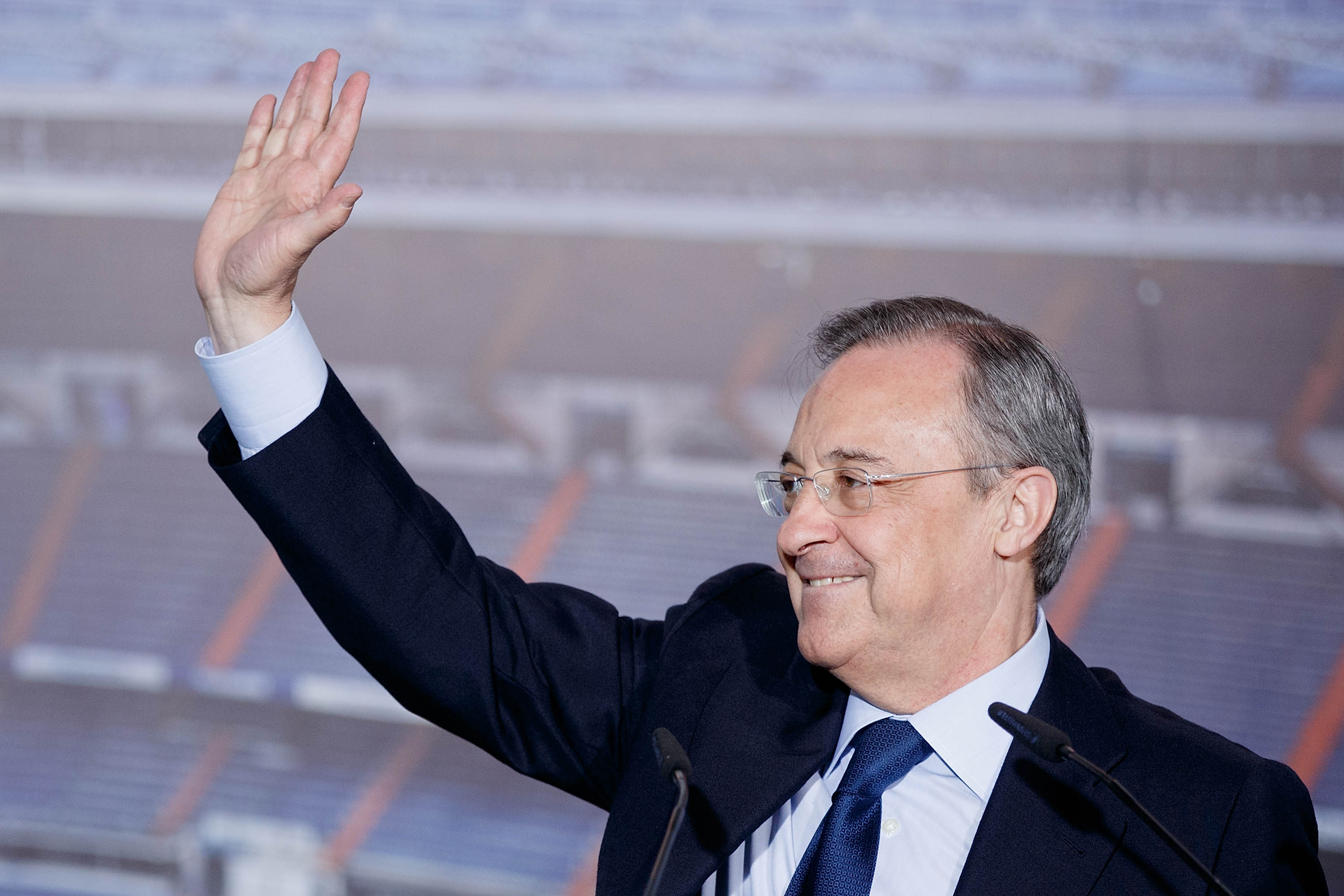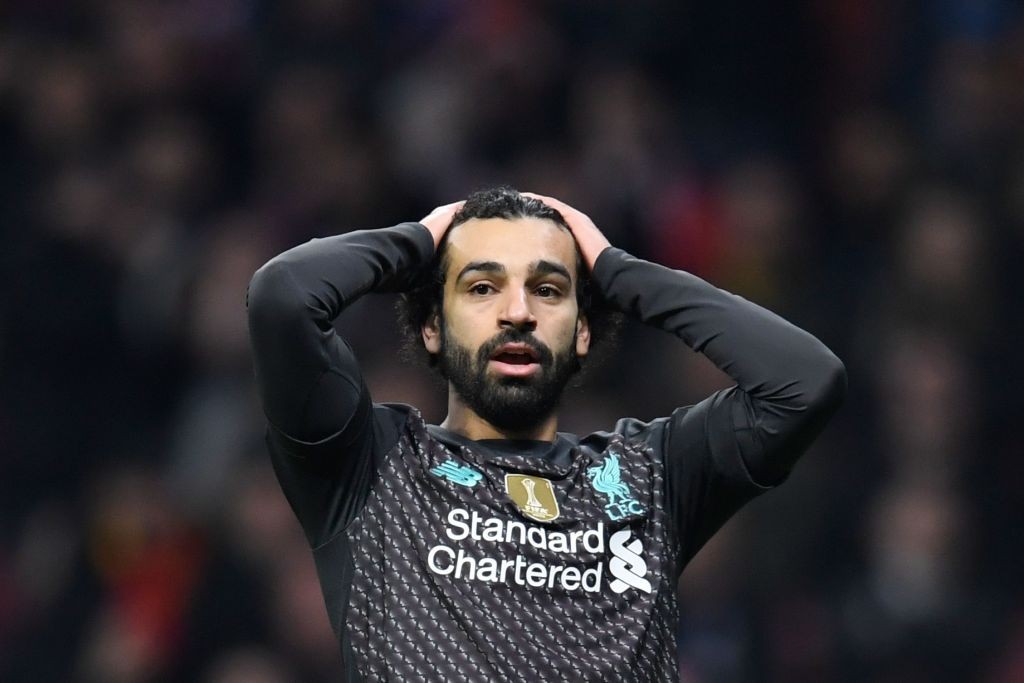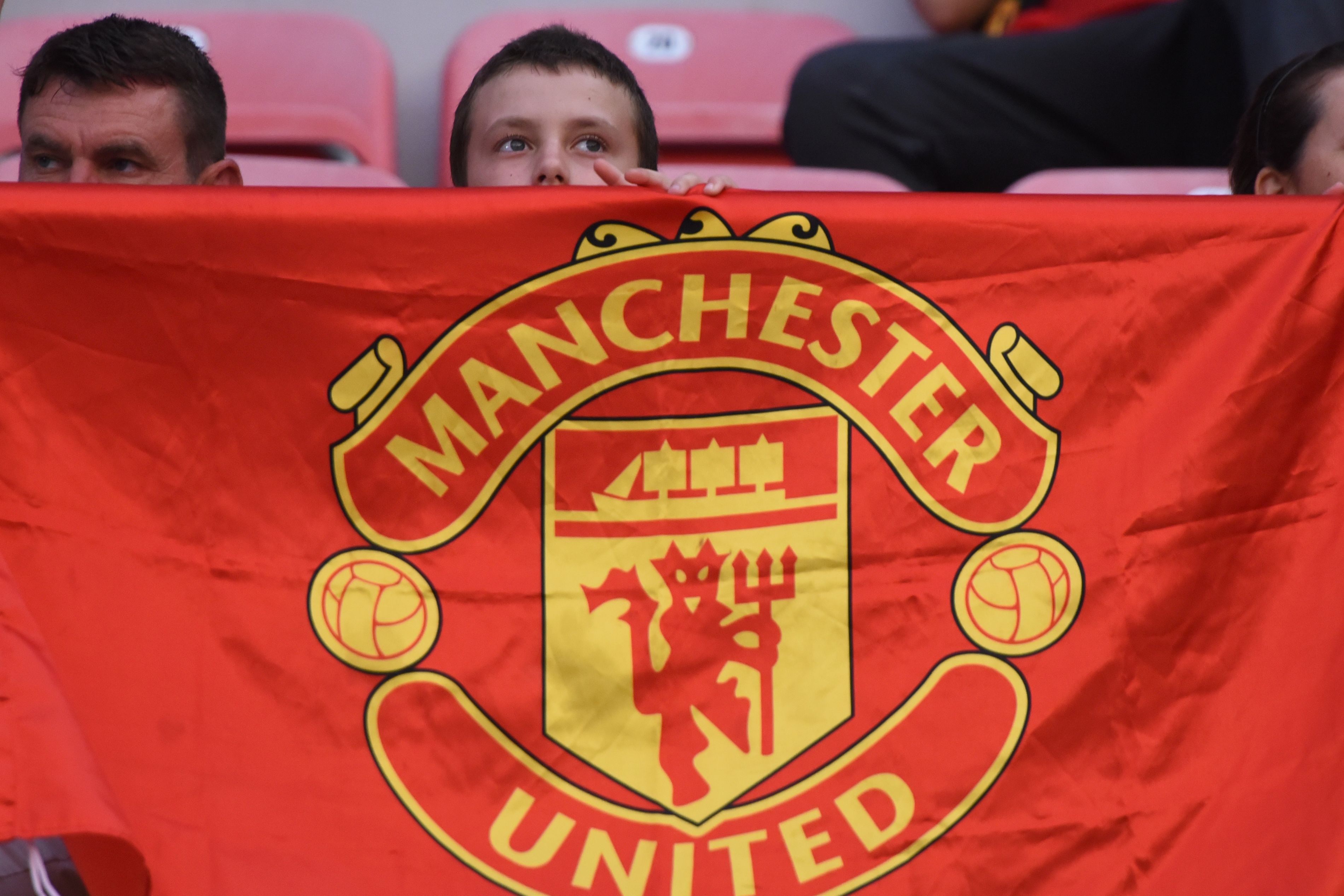The European Super League has reared its ugly head again following a ruling from the European Court of Justice, but just who is backing and opposing the much-maligned ‘breakaway’ tournament, and will it survive?
Less than three years after being slammed by fans and the media alike as some of the European bigwigs decided to burn bridges with their roots, the European Super League is undead and making the headlines again. A court verdict issued on Thursday provided the impetus for the Super League’s new lease on existence.
Following a righteous capitulation of the idea in April 2021, the European Super League and its backers, A22 Sports, had argued that UEFA’s were “abusing” their monopoly as regulators and competition organisers by stopping clubs from forming their own tournaments and administering them as they see fit, outside of the existing framework of European football.
As a result, the Grand Chamber of the European Court of Justice had been asked to rule whether UEFA and FIFA acted against competition law by blocking the formation of a breakaway Super League in 2021 and threatening to sanction the clubs planning to be involved.
The court ruled on Thursday that the governing bodies rules granting prior approval for new competitions are contrary to EU law.
The Court of Justice said in a press release, “The FIFA and UEFA rules on prior approval of interclub football competitions, such as the Super League, are contrary to EU law. There is no framework for the FIFA and UEFA rules ensuring that they are transparent, objective, non-discriminatory and proportionate.
Clubs still invested in the project, namely Real Madrid and Barcelona, welcomed the verdict. In short, the ECJ verdict has dealt a blow to UEFA and FIFA in their efforts to completely erase the European Super League concept from the picture, although UEFA have claimed that they have already implemented new rules to prevent teams from joining the breakaway project.
What are the European Super League’s new proposals?
Just hours after the European Court of Justice ruled that FIFA and UEFA acted unlawfully in blocking the European Super League (ESL) in 2021, A22, the Madrid-based company behind the original Super League plan, held a news conference to announce a brand new proposal, with no permanent members and participation based on sporting merit.
It is claimed that the fresh version of the European Super League would initially be open to 64 men’s teams and 32 women’s teams based on their domestic performance. Within each league, there would be different competitive tiers: star, gold, and blue in the men’s and star and gold in the women’s, with promotion and relegation between the leagues.
European Super League format explainedpic.twitter.com/Bo75yWzrRW
— Total Football (@TotalFootbol) December 21, 2023
New teams who had performed successfully in their domestic leagues would then enter via promotion into the lowest tier, while 20 sides from the men’s competition and four from the women’s would leave the competition each year.
The plan, still in its embryonic stage, does not define how domestic league success would be measured or the criteria by which teams would be selected for the Super League to start with.
Matches would be played midweek, essentially in the slots allotted for Champions League and Europa League games, meaning clubs would still be able to remain in their domestic leagues. There would be groups of eight, with a club playing home and away, bringing a minimum of 14 matches a season. Eight clubs would then head into a knockout stage in each tier to determine the champions.
It is fair to say that this is a much improved and more merit-based model than the much-lambasted initial iteration that featured a 20-team competition with only five places open for qualification (effectively, a closed-shop competition benefiting the founding members).
However, a club that gains entry to the competition would stay there unless relegated from the bottom tier, regardless of how poorly they perform in their domestic circuit. To sweeten the deal further and lure fans to the idea, A22 chief executive Bernd Reichart claimed that they had been “reaching out to investors” to support the funding of an app called Unify, which would stream the Super League matches and attract billions of fans to its free services.
Barring the free viewing of all live games, the new Super League proposals are not dissimilar to UEFA’s plans for revamping the Champions League model next season. If anything, UEFA’s proposed Swiss model format holds more meritocracy. In that, 36 men’s clubs will compete in the new Champions League, playing a minimum of eight games before advancing to knockout rounds depending on their position in a unified league table.
Clubs will be able to qualify for the Champions League based on a national association’s record of European success, with the two domestic leagues at the top of UEFA’s seasonal coefficient rankings earning an extra place for the following term.
‘Barcelona and Real Madrid in a Super League of their own’
Despite being long-term rivals on the pitch, Real Madrid and Barcelona have united as advocates of the European Super League. Both swiftly voiced their support for the proposal on Thursday, but many more clubs, leagues, and football governing bodies have publicly distanced themselves from the ESL project.
The Premier League were among the league associations expressing their disagreement with the idea of the new competition, as were many teams and the European Club Association, which represents Europe’s premier football clubs.
Manchester United owners, the Glazers, who had earlier backed the breakaway league first time around, much to the irk of fans who had stormed the grounds ahead of a Liverpool game, forcing the fixture to be postponed, learned their lesson and were among the first clubs to put out an official statement ruling themselves out.
The other clubs in the so-called ‘Big Six’ that had previously signalled their intent to take part in the ESL back in April 2021 — before a mass fan protest and backlash all across the country forced a mass U-turn — followed suit not long after, with Manchester City, Tottenham Hotspur, Chelsea, and Arsenal all rejecting the possibility of joining the ESL. Liverpool, meanwhile, took their time in releasing a statement on the ESL but joined the anti-ESL bandwagon.
Bundesliga giants Bayern Munich and Borussia Dortmund were quick to reject the possibility of joining the ESL. The Serie A trio of Inter Milan, AC Milan, and Juventus were among the initial 12 founding members that had signed up for ESL in 2021. While AC Milan and Juventus have stayed silent, Inter rejected the prospect straightaway.
Meanwhile, Barca and Los Blancos’ La Liga rivals Atletico Madrid put out a strongly-worded statement on Thursday, “The European football family doesn’t want the European Super League. Germany, France, England, Italy, Spain [except Real Madrid and Barcelona] don’t want the Super League.”
“We’re in favor of protecting the European football family, protecting domestic leagues and, through them, qualification for European competitions on the pitch each season.”
Not everyone is against it, though. The reigning Italian champions, Napoli, have agreed to be in the European Super League. PSV Eindhoven, Benfica, Red Star Belgrade, and Anderlecht are all said to be in favour of the tournament, albeit unofficially.
Americanisation, Premier League dominance, and Financial Motivations
Real Madrid president Florentino Perez insisted the primary aim of the European Super League is to “save football” after the breakaway competition came in for relentless and vitriolic criticism back in 2021. But the big question arises: Can football be saved? If so, from what — or whom? And, ultimately, is the Super League the only way to save football?
The commercial forces of football have already created a vast economic and competitive imbalance that exists between the clubs of the major European football leagues, taking out all the romanticism from the sport.
The arrival of foreign owners, together with the mounting interest of both large companies and the tourist fans, which led to higher ticket prices as both demand and the cost of the product-spectacle on a regular television, has eroded the local fans’ sense of belonging to their club. Surely, there are far more probable issues that need to be addressed than those who are already rich becoming more and more wealthy.
There has long been a selfish view, at least among football’s rich and powerful clubs, that since they have the most fans, they generate the bulk of the sport’s revenue. It follows, then, that they should be getting a greater slice of its income.
The primary goal of the European Super League is to essentially fast-track the continuous process of “Americanisation” of the competition-spectacle model that exists in Europe, in which the maximisation of profit is the primary goal of the participants, who will also have greater security of their economic position in the future.
The various reforms to the format of the European Cup, known as the Champions League since 1993, have been passed with this same logic, with the games and participant numbers increasing with each reform. However, as alluded to above, clubs such as Real Madrid and Barcelona are not satisfied with the level of income collected by UEFA through the Champions League or with the manner in which it is distributed.
Another major motivation for Florentino Perez’s push for a Super League is to provide clubs outside of England with the financial means to challenge Premier League clubs. The Premier League brand is believed to have established a financial stranglehold on the European game thanks to its astronomical television deals, to the extent that teams from outside of England can no longer challenge for the best players and continental trophies.
Therefore, Perez is incorrect to claim that forming a Super League is the only way to save football. What he actually meant is that founding a Super League is the only way to help Real Madrid keep their players’ salaries high and to continue to buy the best football players for everlasting record-breaking transfer fees in the future.
Real Madrid, themselves, are neither in acute financial distress nor are they owned by a yield-oriented sole proprietor. Unlike Barcelona, they have been able to stay profitable through the pandemic and since, reporting a €11 million after-tax profit in July for the 2022/23 financial year.
However, they are rumoured to be seeking a private debt of over €350 million to help finance a nearly complete renovation of Santiago Bernabeu, which is in the midst of a series of upgrades, including an expansion of its seating capacity, a new exterior, and the installation of a removable pitch to accommodate non-footballing events.
The European Super League deal would be especially important for Barcelona, as it could be their lifeline to financial recovery. Financial mismanagement under the previous regime, combined with the economic impact of the COVID-19 pandemic, had left the Blaugrana in a dire position.
Barcelona were forced to repeatedly cut outgoings and find various ways to raise fresh capital, including selling off stakes in future earnings, just to allow them to continue to register players and sign new contracts in accordance with La Liga spending rules.
Indeed, Barcelona had to cut ties with Lionel Messi in the summer of 2021 because they did not have the financial scope to register an already-agreed contract renewal. Debt was still reported to be around €1.3 billion in June. But things are on the up lately, with the club’s commercial revenue increasing by 43 percent from last year to €351 million.
Will there be a European Super League?
It should be noted that the ECJ’s judgement does not guarantee the resumption of the European Super League. The competition’s future remains unclear, and the true effects of the verdict will most likely emerge over time.
Certainly, those behind A22 Sports believe that there is a viable path. But they can start from trying to convince clubs that are willing to play in the tournament, and those challenges derive mostly from how vocal the fans’ reaction to the 2021 plans was.
The Premier League clubs do not need the Super League to survive financially due to their vantage position as profit-driven investors. The UK government is also pushing forward plans for a new football regulator, armed with legal powers to prevent clubs from quitting current English leagues to play in breakaway projects, which essentially nullifies the feasibility of the ESL for English top-flight clubs.
Without the global appeal of Premier League clubs, it is hard to imagine for ESL to attract lucrative enough TV deals to make the competition sustainable. The European Super League’s very essence was for it to have more frequent heavyweight all-star clashes between the European juggernauts. But that will not be feasible if the bulk of those teams decline to join.
Nonetheless, it is realistic to anticipate that a European Super League is at least years away and, without substantial shifts in views and goalposts from the game’s stakeholders, it may never see the light of day.





